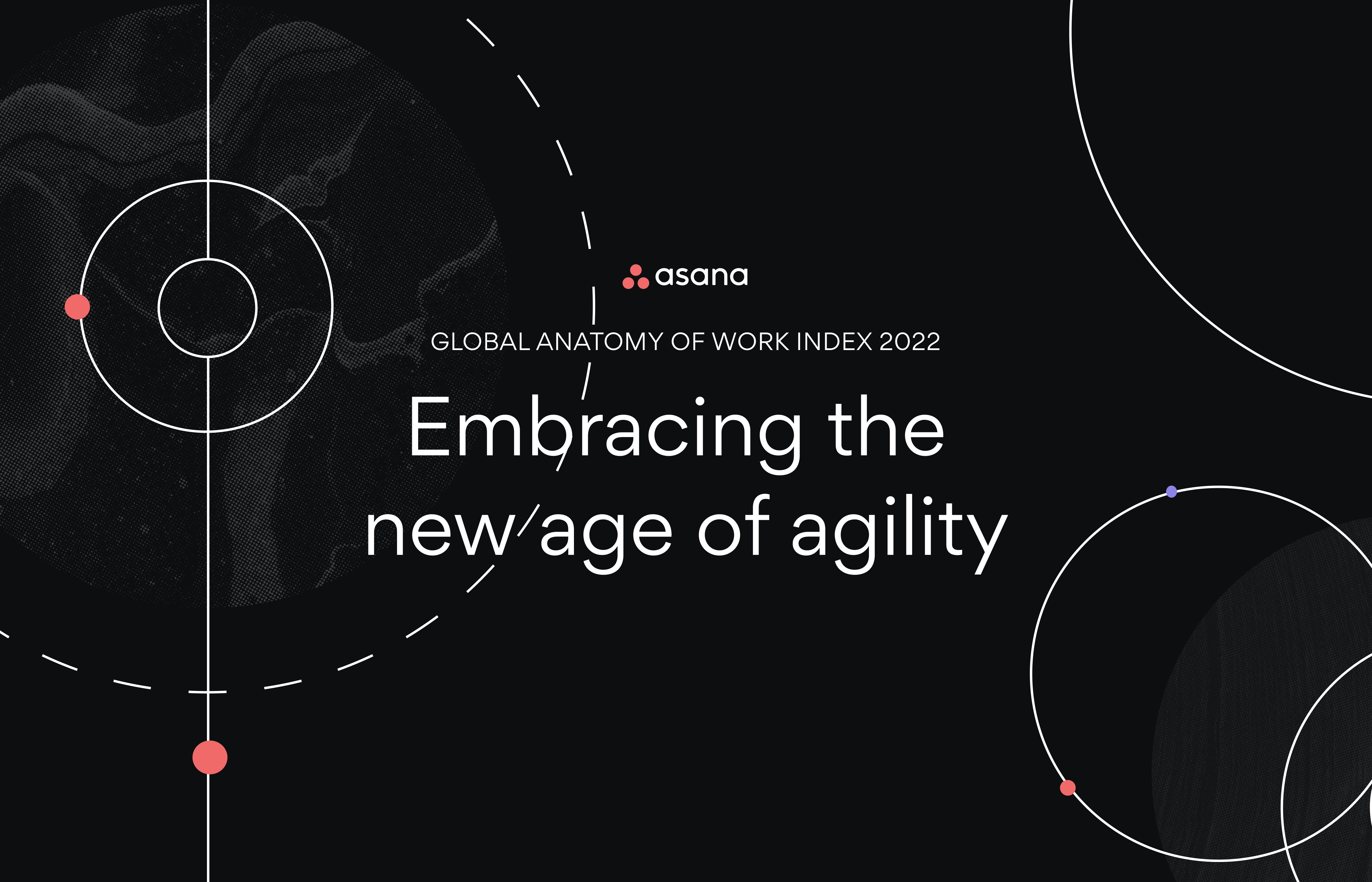CEO activism can attract the best talent. Here’s why CEOs might want to avoid it.

The world has become increasingly politically polarized, and leaders of its biggest companies aren’t immune. When a CEO shares their view on a divisive issue—via a tweet, an op-ed, or monetary donation—they will create admirers and enemies.
However, taking a stand is increasingly seen as a signal of their authentic character and, by extension, leadership style. Every CEO takes a risk when they become sociopolitically active, and that decision has downstream effects.
A rigorous new study reveals how authentic leadership affects a group of timely significance: Job seekers. In this time of the “Great Resignation,” or more accurately, the “Great Reshuffle,” an activist CEO can make all the difference—and now there’s data to prove it.
So, should CEOs engage in sociopolitical activism? Moritz Appels is the author of this new study, which he completed as a doctoral candidate and the Chair of Sustainable Business at the University of Mannheim in Germany.
“Don’t do it,” Appels says flatly in an interview with Asana. “That would be the honest advice.”
Finding a new job that aligns with your values, career goals, and lifestyle is challenging. Adding to this complexity in your decision are CEOs sharing sometimes divisive views on social media. A CEO’s activism is simple as posting on Instagram, and job seekers can judge that activism when deciding to apply or accept an offer letter.
This new study on the sociopolitical activism of CEOs, published August 9, 2022, in the Journal of Management, found that a CEO’s activism is seen as a signal of authentic leadership. This trait is nearly universally appreciated, but if the political views of the CEO are incongruent with that of the job seeker, that authenticity might not count for as much, the study shows. (They still may take the job, though.)
Essentially, job seekers appreciate when a CEO is authentic—but their appreciation for an authentic leader is diminished when that authenticity is the result of a CEO espousing statements that are incongruent with the job seeker’s own beliefs.
Appels, now an assistant professor of organizational behavior at Erasmus University in the Netherlands, gives CEOs this advice about sociopolitical activism:
“Whatever good comes from CEO sociopolitical activism in attracting job seekers also has other downstream effects,” Appels says.
“You antagonize people who might otherwise be very well fit for the job. So if you’re looking for business advice and trying to maximize the outcomes—the bottom line—CEOs shouldn’t engage in sociopolitical activism.”
“The only good reason to do this is that you believe in it.”
But that ties back to this authenticity idea: “The only good reason to do this is that you believe in it.” The study found that if a leader is understood to be engaging on activism for strategic reasons and not ones from the heart, the activism will backfire.
To come to his findings, Appels used Prolific, an online labor platform where remote workers chose jobs in late 2020 and early 2021. In each experiment, he asked workers to choose a job based on information about the CEO. All study participants were U.S.-based workers, and some of the divisive issues were gun control, abortions, and so-called “bathroom bills” designed to police public bathroom usage by sex assigned at birth.
Three field experiments and one survey proved correct a few different hypotheses devised by Appels. One study revealed that there’s a causal relationship between CEO sociopolitical activism and authentic leadership. Another experiment showed current employees influence a CEO’s activism or abstention. Research also showed that when pressure for activism originates from customers or other forces, job seekers see CEO activism as less authentic. Finally, study participants showed there’s real-world validity to that activism-authenticity relationship when Appels used real-life stories of CEO activism.
Moritz Appels’ insights
Below are a few highlights from two conversations with Appels about his work. We’ve edited it for clarity and brevity.
Why are you interested in CEO sociopolitical activism?
At the end of the day, CEOs are just humans who wield enormous power and responsibility. In the last few years, executives have started to not only engage in socially desirable issues—no one’s going to complain about a philanthropic donation to alleviate child hunger—but on topics that divide people. I found it fascinating that CEOs would make those divisive statements.
What should CEOs consider before sharing their political views?
Only do it if you actually care about it—and can do so authentically. That also means communicating that those are your beliefs. According to my findings, any positive impact that this activism might have on job seekers exists insofar that it can elicit authentic leadership attributions about the CEO themself.
But if you are a CEO, you wouldn’t only be interested in what job seekers think. You would also want to look into the marketing literature and the research on employee motivation and commitment. On average, you would find that people react somewhat negatively, including investors, to CEO sociopolitical activism.
We’re still starting to understand this phenomenon, but based on what we know, the advice would be don’t do it at this very moment.
What did you find most interesting about the results of your research?
One thing I found interesting is that even people who heavily disagreed with the political position of a hypothetical CEO attributed positive amounts of authentic leadership to the very same CEO. That heavy disagreement didn’t stop them from considering the job. The exception was job seekers who were on the very, very margin of the political spectrum. They wouldn’t work for the CEO.
Only for people who were the furthest on the opposite side—only for these people—did the authentic leadership attributions do nothing to sway their opinion of the CEO.
Based on your expertise in the area, how do CEOs avoid being seen as capitalizing on political momentum? We see this sort of consumer backlash every June in the U.S. when the logos of various companies turn rainbow colors for LGBTQI+ Pride month.
That many companies tend not to be considered authentic during Pride month is well represented through the thousands of memes that ridicule hypocritical corporate behavior. But what is the alternative?
I imagine the backlash would be tremendous if a company, especially one that presents itself as value-based or one that previously supported Pride month, did not switch its logo colors (see this working paper in this regard).
Companies and their CEOs must learn to navigate such complexities. My study establishes how important authentic leadership is for recruiting job seekers and shows one way to do so: owning your personal motives.
Your paper mentions how CEO sociopolitical activism might lead to less diverse companies. Tell me more about that.
In the initial manuscript, I said, “Look, this is cool. You can attract people who already share your political views; you will have a person-organization fit that’s higher, and there will be fewer selection costs.”
A reviewer of my research said, “Well, is that really what we want? Isn’t that directly opposed to ideas of inclusivity and diversity if we signal, ‘Well, we only want people who think in the same political way.'”
People self-select into companies that share their political ideologies. That’s how [homogeny] happens. Whether that’s good or bad for society and companies, that is not something I can attest to based on this research.
Have you ever considered gender differences in CEO sociopolitical activism?
Because most CEOs are indeed men, it is more likely to see males, cis-males to be exact, speaking out in their role as CEO.
There isn’t yet systematic evidence that shows [gender differences] exist along gender lines when it comes to sociopolitical activism among CEOs. Still, it seems intuitive that there should be differences, especially when considering authentic leadership.
How do you think your research should be utilized as a resource for job seekers?
You must ask, “What do I want in a leader?”
See also:

